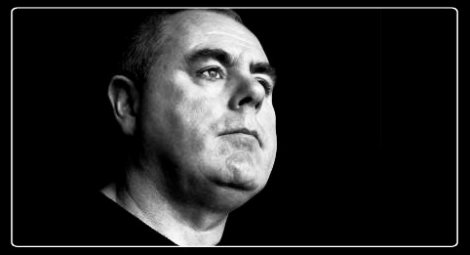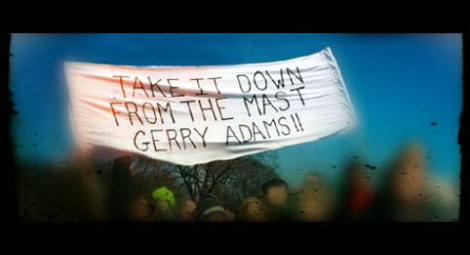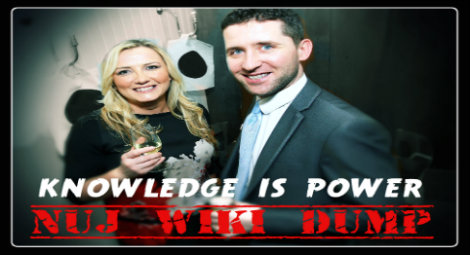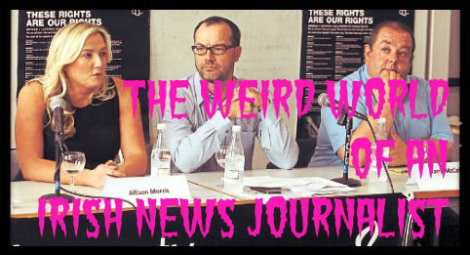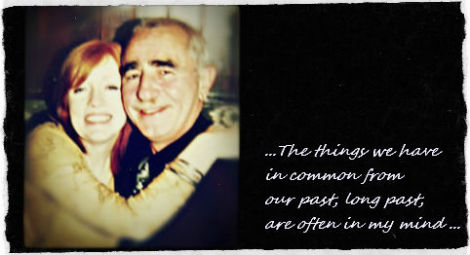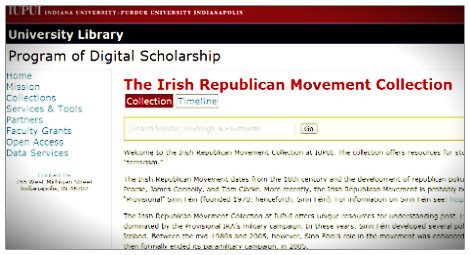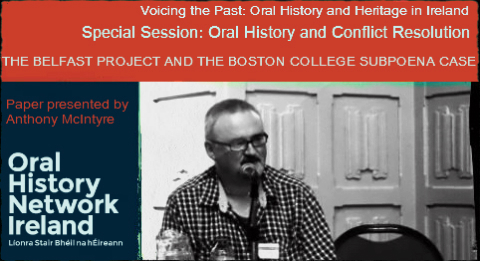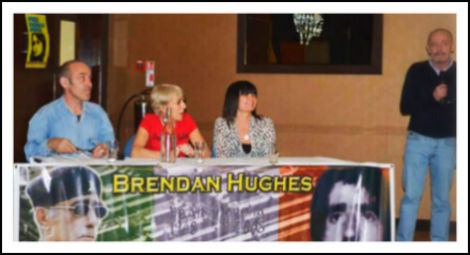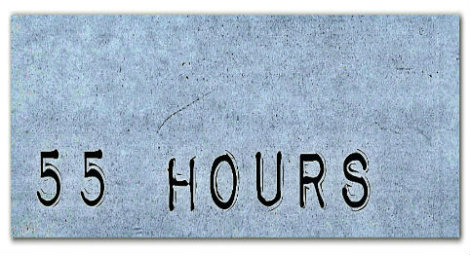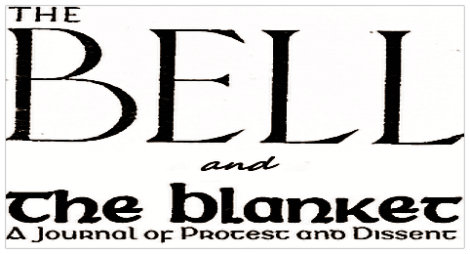The only thing that is obscene is censorship - Craig Bruce
John Gilligan has caused something of a furore by having an interview published in an Irish magazine, Hot Press. Perhaps it is more accurate to claim that the magazine caused the furore by allowing the words of Gilligan to become known to the public. Already the Minister of Justice Dermot Ahern, under pressure from Fine Gael justice spokesman Charlie Flanagan, is preparing to squeeze an explanation if not an apology out of prison management for this supposedly wanton intrusion on the public intellect by the views of Gilligan. We the public, it seems, need protected from some views and are expected to approve the good minister using his hands as ear mufflers.
Flanagan claimed that ‘John Gilligan is currently serving a prison term and I would consider a platform in the media inappropriate in that context.’ In other words censor prisoners. The Fine Gael justice spokesperson sought to justify his call for censorship on grounds that ‘it is entirely inappropriate for John Gilligan to become a celebrity criminal through magazine interviews while serving a term behind bars … John Gilligan's interview with Hot Press is a further example of certain prisoners making a mockery of the criminal justice system.’
Flanagan’s inept attempt to discursively position Gilligan, and by extension all prisoners, outside the realm of public understanding is nonsense and was underlined as such by Hot Press which responded to the alarmism gripping the upper political echelons of the criminal justice system: ‘Is it now the case that no one in prison has the right to ever say anything in their defence? You cannot understand crime without talking to criminals.’
But this is it, is it not? The people urging censorship do not want us to understand crime. They wish to lock us into their view of crime which is that it is all down to a few villains like John Gilligan whose take on the matter is so contagious that quarantine through censorship is required to inoculate others from criminal infection.
At a conference on alternatives to imprisonment in Edinburgh two years ago I was struck by how the former governor of Peterhead prison anecdotally acknowledged the criminal violence that permeates prison life. A Glaswegian inmate once told him that the key to understanding the balance of power within prison lay in recognising that ‘your gang is bigger than mine.’ Now, if the Gilligans of this world are not free to inform us of that strain of uniformed criminality who shall? It will not be Charlie Flanagan.
Flanagan does not hail from a party with a robust tradition of respecting the rights of prisoners. When Paddy Cooney was justice minister in the 1970s he informed the public that prisoners don’t have rights. Seems little has changed. But why does Dermot Ahern jig to an old Blue Shirt tune by insisting that ‘the Prison Service will have to look at their modus operandi to ensure that it doesn't happen again.’ Yet, it is crucially important that it continues to happen again and again for a very simple reason.
Irish prisons do not have a wholesome reputation. Last weekend’s recent riot in Mountjoy, Monday’s critical report from the Irish Council of Civil Liberties, Free Legal Advice Centre and Irish Penal Reform Trust against a backdrop of the damning yearly reports from prison inspector Dermot Kinlen indicting the prison system up until his death last year, all tell us that something festers within the walls. As to what goes on behind them, or who exists on the wrong side of them, society should not have to rely on official sources. Prison is a closed institution where closure is not merely physical but intellectual. While ostensibly to lock prisoners in, our penal institutions also function to lock the public out. Our gaze must be averted by high walls. A public that ignores what goes on behind prison walls ends up being shuffled towards that carceral archipelago warned of by Michel Foucault.
John Gilligan might not be expected to rouse sympathy within the columns of a magazine given that guilty or not journalists would appear to hold him culpable for the 1996 killing of their colleague, Veronica Guerin. But good journalism will see this as secondary to the much more fundamental issue of telling the story as a matter of public interest. And the public interest is often served even when the public does not want to hear what it is being told.














